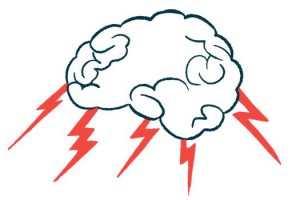Novel Neurofeedback Technique Enhances Awareness of Mind-Wandering
Researchers have developed a novel neurofeedback technique based on Pavlovian conditioning that detects when a person’s mind is wandering.
Fatemeh, [5/22/2023 9:36 AM]
Everyone knows the feeling. You are trying to concentrate on driving or studying, or paying attention in a boring meeting, but suddenly, you realize that you are thinking about something irrelevant to the task at hand.
Fatemeh, [5/22/2023 9:36 AM]
While mind-wandering is sometimes associated with mental problems such as depression, it also contributes to our creativity. Therefore, what we need is not to avoid mind-wandering, but to learn how to manage it.
The first step to control mind-wandering is to realize that it is occurring. Once we notice it, we are free to stop or to continue it. At ATR, we developed the first method, a neurofeedback technique, to enhance awareness of mind-wandering.
We performed a double-blinded test with 36 participants and demonstrated that awareness of mind-wandering was significantly enhanced after 20 minutes of neurofeedback. Participants were assigned by computer to control and experimental groups and those assignments were withheld from experimenters.
During neurofeedback, artificial intelligence was used to identify mind-wandering of participants performing a task that requires concentration.



.jpg)
Related Posts